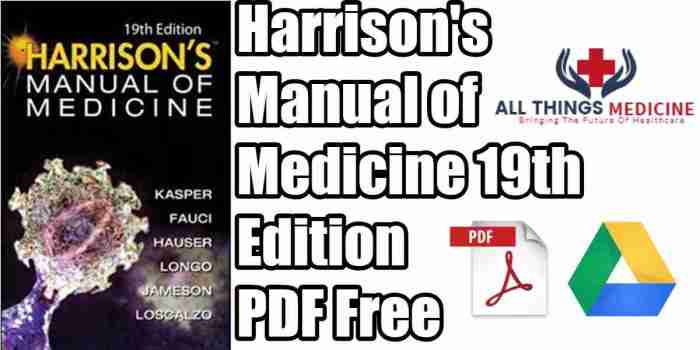Drinking alcohol can cause dehydration which makes the blood hypertonic – Drinking alcohol can cause dehydration, which makes the blood hypertonic. This occurs because alcohol inhibits the production of antidiuretic hormone (ADH), which normally helps the kidneys retain water. As a result, the body loses more water than it takes in, leading to dehydration.
Dehydration can have a number of negative effects on the body, including decreased blood volume, increased heart rate, and impaired cognitive function.
In addition to dehydration, alcohol can also disrupt fluid balance in the body by affecting the kidneys’ ability to regulate fluid levels. Alcohol can also lead to electrolyte imbalances, which can further contribute to dehydration and its associated symptoms.
Dehydration and Hypertonicity
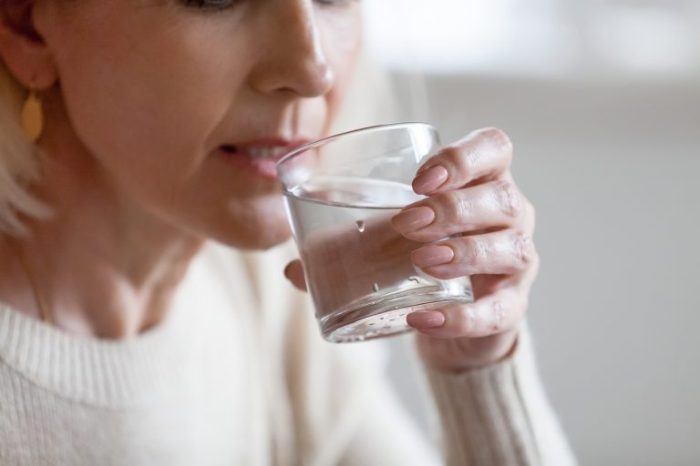
Excessive alcohol consumption can lead to dehydration, a condition characterized by an imbalance in fluid levels within the body. Dehydration occurs when the body loses more fluids than it takes in, resulting in a decrease in total body water. Alcohol acts as a diuretic, which means it increases urine production, leading to fluid loss.
Alcohol inhibits the release of antidiuretic hormone (ADH) from the pituitary gland. ADH is responsible for regulating water reabsorption in the kidneys, and its inhibition by alcohol results in decreased water reabsorption and increased urine output. Consequently, the body loses more fluids, leading to dehydration.
Dehydration causes an increase in blood osmolality, the concentration of solutes in the blood. As the body loses water, the concentration of solutes in the blood increases, making the blood hypertonic. Hypertonic blood draws water out of cells in an attempt to maintain osmotic balance, leading to cellular dehydration.
Alcohol and Fluid Balance: Drinking Alcohol Can Cause Dehydration Which Makes The Blood Hypertonic
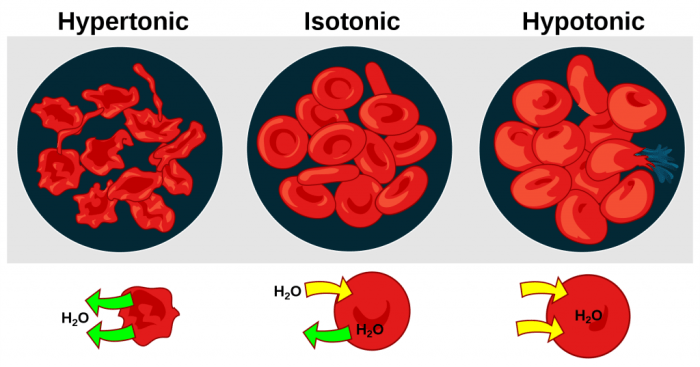
Alcohol disrupts fluid balance in the body by affecting various physiological processes.
Alcohol impairs the function of the kidneys, the organs responsible for regulating fluid balance. It inhibits the reabsorption of water and electrolytes in the kidneys, leading to increased urine output and dehydration.
Alcohol also affects the release of vasopressin, a hormone that regulates water reabsorption in the kidneys. Vasopressin is released in response to decreased blood volume or increased blood osmolality. Alcohol inhibits the release of vasopressin, further contributing to dehydration.
Electrolyte Imbalances
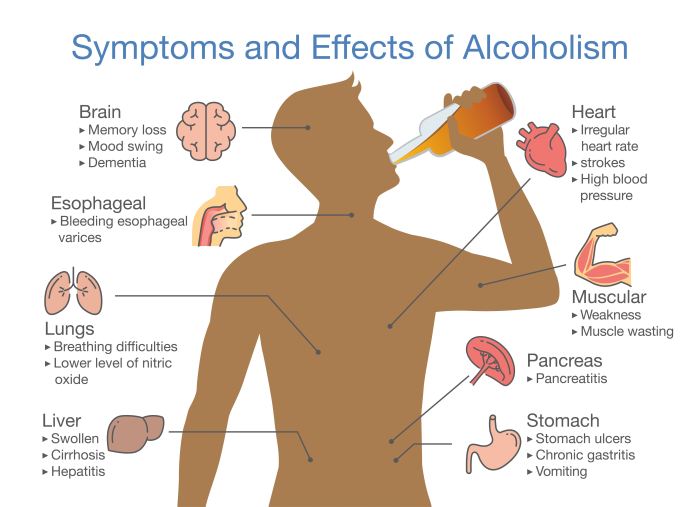
Excessive alcohol consumption can lead to electrolyte imbalances, which occur when the levels of electrolytes in the body are abnormally high or low.
Alcohol disrupts electrolyte balance by interfering with their absorption, distribution, and excretion. It inhibits the absorption of electrolytes from the gastrointestinal tract and increases their excretion through urine. Additionally, alcohol can alter the distribution of electrolytes within the body, leading to imbalances.
Electrolyte imbalances can have severe consequences on cellular function. For example, low potassium levels can impair nerve and muscle function, while low sodium levels can lead to seizures and coma.
Long-Term Effects
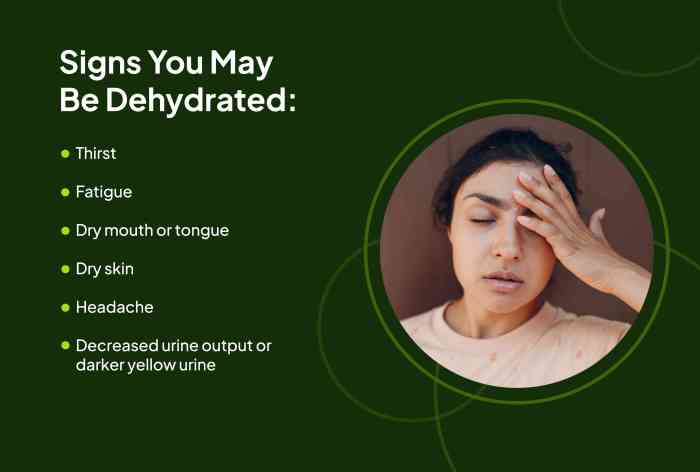
Chronic alcohol consumption can have long-term effects on hydration status.
Alcohol-induced dehydration can damage tissues and organs, as well as impair cognitive function. Dehydration can lead to electrolyte imbalances, which can further exacerbate the effects of alcohol on the body.
Lifestyle factors, such as adequate hydration and a healthy diet, can help mitigate the risks of alcohol-related dehydration. By maintaining proper hydration and electrolyte balance, the body can better withstand the dehydrating effects of alcohol.
FAQ
What are the symptoms of dehydration?
Symptoms of dehydration can include thirst, dry mouth, fatigue, dizziness, and headache.
What are the risks of dehydration?
Dehydration can lead to a number of health problems, including decreased blood volume, increased heart rate, and impaired cognitive function.
How can I prevent dehydration?
You can prevent dehydration by drinking plenty of fluids, especially water. You should also avoid excessive alcohol consumption.

